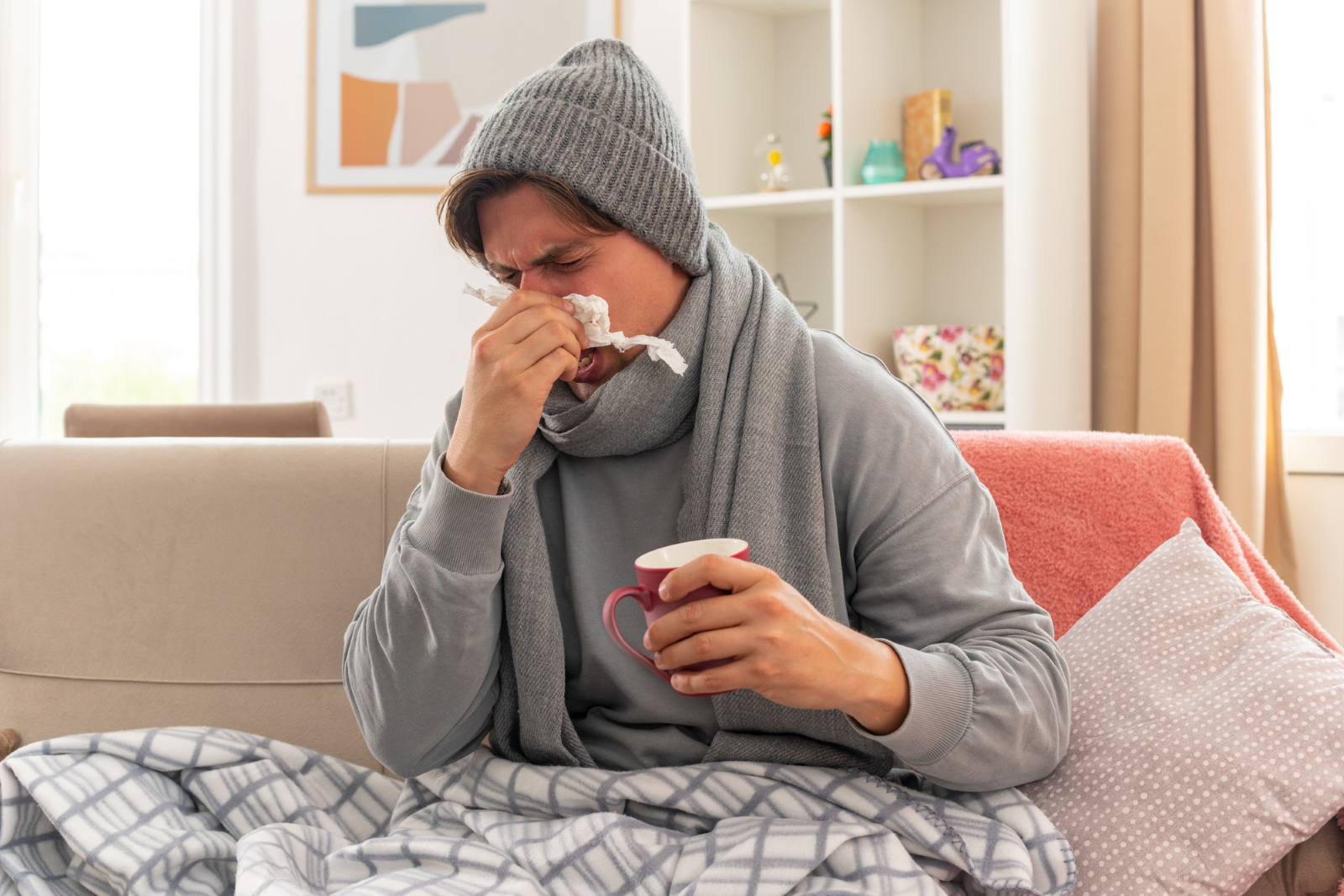Colds are common and affect many people throughout the year. Learning how to prevent a cold can lead to robust health, saving you from physical discomfort, emotional stress, and financial worries. Prevention is always better than cure. Staying healthy means fewer doctor visits, reduced medication expenses, and more productive days. This blog shares simple, effective tips to avoid catching a cold and maintain good health throughout the year.
Understanding the Common Cold
The common cold is a virus that affects the respiratory system. It spreads easily through tiny droplets released when an infected person coughs or sneezes. Touching surfaces contaminated with the virus and then touching the nose or mouth can also cause infection.
There are many myths surrounding the cold, like getting sick from cold weather alone. The truth is, viruses are the real culprits. Knowing that these viruses spread fast in crowded or closed spaces can help in taking preventive measures.
Build Strong Immunity with Daily Habits
Building a robust immune system is key to preventing colds. Here are simple daily habits to adopt:
- Eat a balanced diet: Include plenty of green vegetables and fruits. Foods rich in Vitamin D enhance immune defenses.
- Regular exercise: Exercise keeps the body fit and boosts immunity. Activities like walking or cycling are great choices.
Including these habits in your daily routine can help fend off colds and keep you feeling great all year.
Practice Excellent Hand Hygiene
Proper hand hygiene is crucial to avoid getting sick. Here’s how to do it:
- Wash your hands: Use soap and water. Scrub for at least 20 seconds, especially after visiting bathrooms, before meals, and when coming from public places.
- Use hand sanitizers: If soap and water aren’t available, use hand sanitizers. Ensure they contain at least 60% alcohol.
Maintaining good hand hygiene is one of the simplest yet most effective ways to prevent colds.
Avoid Close Contact with Ill People
Colds spread quickly from person to person. To protect yourself:
- Limit exposure to sick people: If possible, maintain a safe distance from those with visible symptoms like coughing or sneezing.
- Don’t share personal items: Avoid sharing cups, towels, and other personal items to prevent virus transmission.
These measures help minimize contact with germs that cause the cold.
Prioritize Quality Sleep
Getting enough sleep is essential for a strong immune system. Lack of sleep weakens your defense against the cold.
- Recommended sleep durations: Adults need about 7-8 hours of sleep a night. Teens should aim for 8-10 hours, while younger children need even more.
Consistently getting enough rest enhances overall health and helps stave off illness.
Manage Stress for Better Health
Stress affects the immune system negatively, making you susceptible to colds.
- Stress management tips: Practice deep breathing, meditation, or yoga. Small breaks during the day can also reduce stress levels.
Incorporate these stress-busting activities into your routine to keep cold infections at bay.
Keep Your Environment Clean
A clean environment can prevent the spread of viruses that cause colds.
- Clean high-touch surfaces: Regularly clean doorknobs, light switches, and mobile phones to kill germs.
- Ventilate spaces: Allow fresh air into homes and offices. Good air circulation helps disperse virus particles.
Following these cleaning tips can significantly reduce the risk of catching a cold.
Healthy Lifestyle Habits
Certain lifestyle choices can bolster your defense against colds:
- Stay hydrated: Drink plenty of water to keep your body hydrated.
- Avoid smoking and limit alcohol: These substances weaken the immune system, making you more prone to illness.
Adopting these healthy habits can keep you strong and ready to fight off a cold.
Recognize When to See a Doctor
While most colds are manageable at home, knowing when to seek medical help is crucial:
- Seek medical care if: Symptoms persist for over a week, or if you experience difficulty breathing.
- Over-the-counter meds: These can help relieve cold symptoms like sneezing and nasal congestion.
Understanding these criteria ensures you get the right care when necessary.
Conclusion
Preventing a cold is within reach by embracing these practical tips. A strong immune system, good hygiene, and a clean environment are your best allies. Spread the word with friends and family to help everyone enjoy better health year-round. Remember, a little prevention goes a long way in staying healthy and active all the time.

